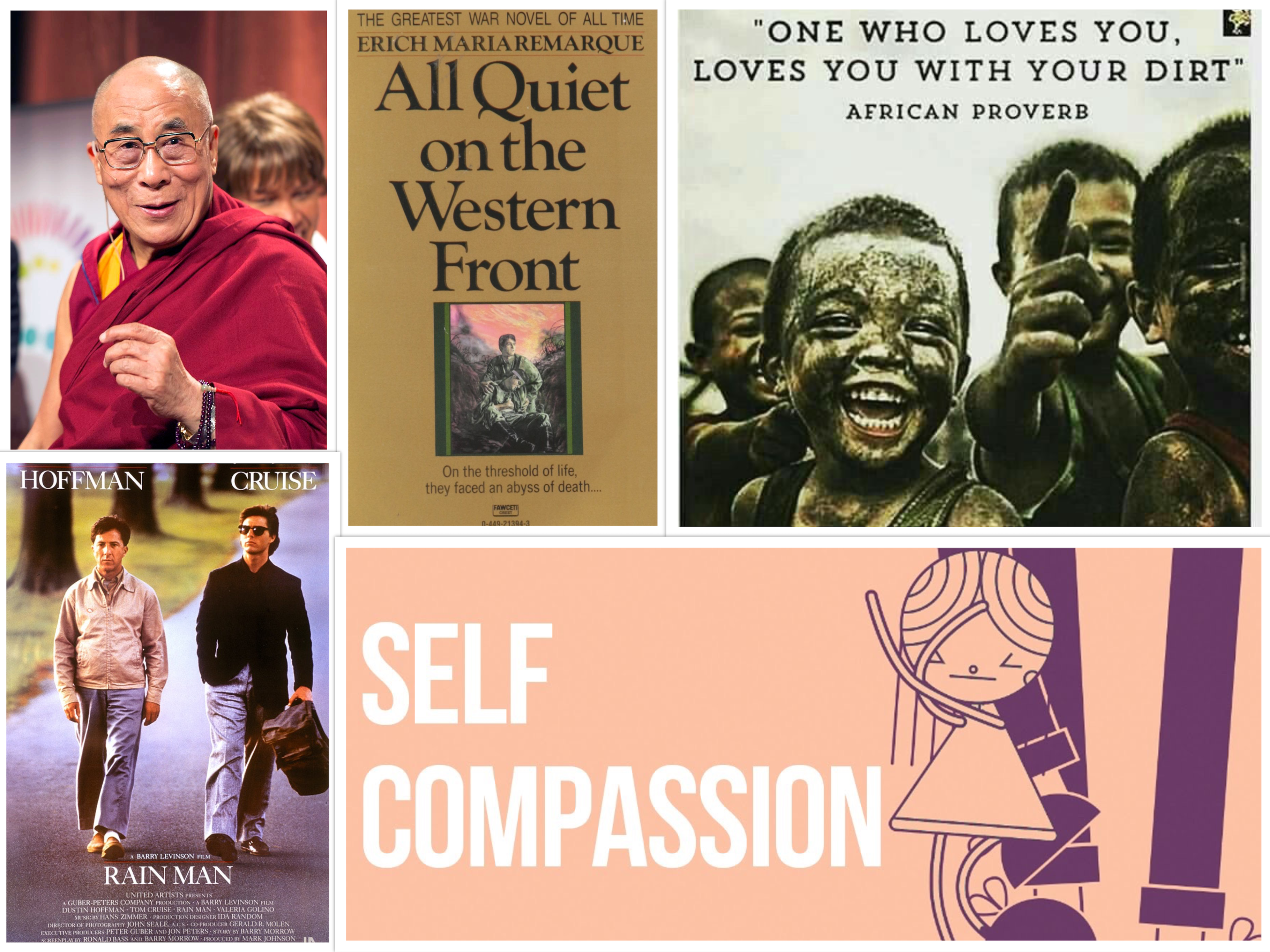Sunday Supplement #51 (May 1st, 2022)
Below is another Sunday Supplement with a quote worth sharing, a book worth reading, a movie worth watching, brainfood worth consuming, and a spiritual passage worth pondering.
I hope you take something away from these recommendations that enriches your week ahead!
Quote of the Week:
“Success usually comes to those who are too busy to be looking for it.”
– Henry David Thoreau
Book of the Week:
The Graveyard Book – Neil Gaiman
The Graveyard Book focuses on the coming of age of Nobody Owens.
Bod’s story differs from most normal boys in that he’s raised and educated by the ghosts of the graveyard where he lives.
There are adventures and dangers in the graveyard, including a portal to the city of ghouls, but in the land of the living, the man who killed Bod’s family is looking to finish the job.
Neil Gaiman is a successful author, comic book creator, and screenwriter, with numerous awards, accolades, and adaptations of his work.
However, when the prolific author came up with the idea for The Graveyard Book, he thought he wasn’t at the skill level to write the book.
In a The Tim Ferriss Show episode, Gaiman recalls the story of how he came up with the story and the wait for the right moment to give the idea justice.
I featured Neil Gaiman in a few of my Sunday Supplements but only once for Book of the Week. The Graveyard Book deserves the nod for this week and is worth checking out.
Movie of the Week:
I’m not always a fan of Robert Rodriguez’s films, but I respect his work and his journey as a filmmaker and creator.
In Sunday Supplement #5, I featured his interview on The Tim Ferriss Show. In the episode, Rodriguez covers his breakthrough into the industry and what he’s learned along the way.
Rodriguez also goes into a bit of the story behind the making of his film El Mariachi, told in full in his book Rebel Without a Crew.
When Rodriguez was in college, he decided to take one of his breaks to film his first feature film in Mexico. He raised $7,000, partly by volunteering for a clinical pharmaceutical research trial, and wrote the script.
Rodriguez virtually, as a one-person crew, shot and edited the entire film with some help from friends and their connections.
The ambitious filmmaker drove to Hollywood to shop the finished product, hoping to sell it to the Spanish language market. He ended up making a deal with Columbia Pictures, resulting in a spot at Sundance.
El Mariachi tells the story of a traveling mariachi who finds himself on the run from a gang trying to kill him after he’s mistaken for a hitman.
Desperado, featuring Antonio Banderas and Salma Hayek, is the American reboot (directed by Rodriguez), but the original is worth watching to see the start of Rodriguez’s journey.
Brainfood of the Week:
What is Success? | The School of Life
The School of Life’s channel consists of content from psychologists, philosophers, and writers devoted to helping people lead calmer and more reliant lives.
In this video, the topic is success and how it often gets defined versus what it actually is.
The clip states how the word success is used a lot regarding money, status, fame, and power. However, the dictionary defines success differently.
Success is more neutral and less value-laden than we tend to assume. It means doing anything well, excelling at something.
This definition can encompass many activities. It can be attributed to major milestones but also to little wins that often get overlooked.
The video goes on to explain how no one can be successful at everything. There is too much out there for us to experience in one lifetime.
Therefore it’s essential we definite the areas of our lives where we want to be successful.
I featured a The School of Life video in Sunday Supplement #33. If you like this short clip, check out their other videos.
Closing Spiritual Passage:
“For a dream comes with much business and a fool’s voice with many words.”
– Ecclesiastes 5:3
This bible quote reminds me to focus on work that’s important to me and to keep putting one foot in front of the other.
I try to jump in on a project instead of sounding it out too much. I’ve learned the necessity of preparation, but I’ve also experienced plans always discussed but never executed.
Henry David Thoreau’s quote works its way into this passage in my mind through the idea that success comes when you are busy doing what you love.
Success to me has to be personal, just as a dream is personal. Both Thoreau and the Bible quote emphasize the utility of personal action.
I’m glad when I come across quotes like these because they remind me that I have the power to define and achieve success/my dreams.
Take a step or two on your personal goal’s path, and have a blessed week ahead!
Comments closed
